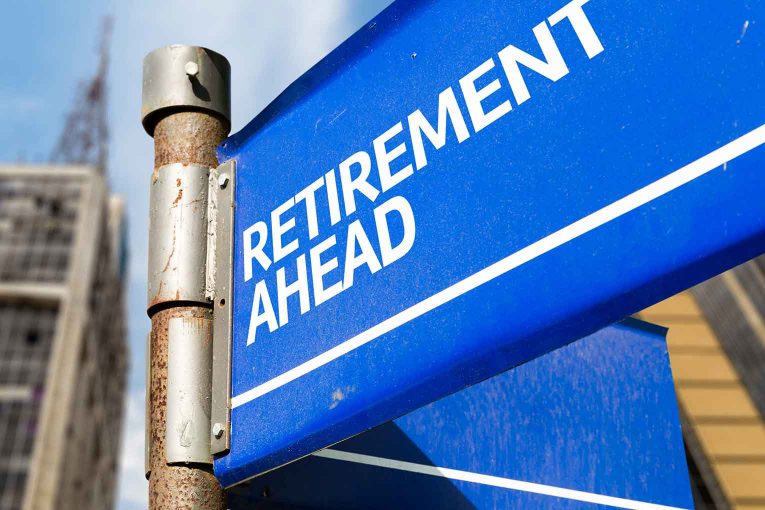16.3% of older workers who rent are on track for a moderate retirement income, according to the HL Savings and Resilience Barometer.
This compares to 57.7% of those who own their own home.
The Pensions and Lifetime Savings Association retirement income standards say a single person would need a retirement income of £20,800 per year to achieve a moderate standard of living, while a couple would need £30,600. These figures include the state pension.
Renting also affects older workers’ ability to build surplus income with only 26.2% having enough, compared to 57.7% of homeowners in the same age bracket.
Helen Morrissey, senior pensions and retirement analyst at Hargreaves Lansdown, said: “Soaring house prices and rent have put huge pressure on people’s finances with the retirement resilience of older workers in particular being affected. Increasing house prices mean more needs to be saved for a deposit but rising rents mean you can’t afford to put enough away – it’s a vicious circle that keeps your housing costs high and in turn limits how much you can put away for your retirement years.
“According to the HL Savings and Resilience Barometer only 16.3% of older workers who rent are on track to receive a moderate income in retirement. This means they face the prospect of having to work for longer to make ends meet. Younger generations seem to be faring slightly better with 24.5% of generation Z who rent on track for a moderate retirement along with 22% of millennials. They will have benefited from a working life being auto-enrolled into a workplace pension, something older workers and many from Generation X (17.3% of renters on track for moderate retirement) will have missed out on.
“The traditional view is that you enter retirement with your mortgage paid off which means your income needs are lower. Renting into retirement undoes this idea as money needs to be found for rent throughout. This pushes up day-to-day retirement costs and means much more needs to be saved for retirement to account for it. As the prospect of home ownership gets further out of reach for many people, they will need to brace for the prospect of saving for increased costs in retirement to compensate.”



